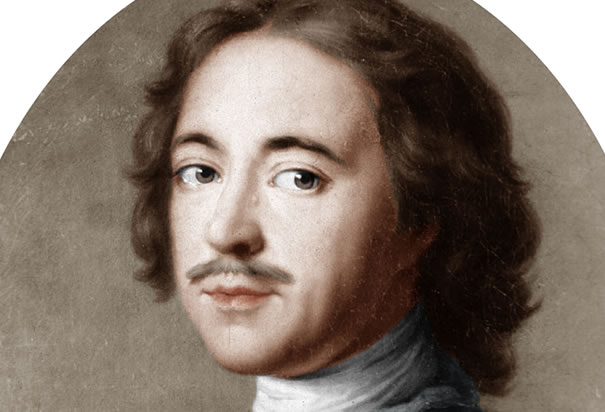
Studying
Russians

Hi Jane,What always floors me about Russian history is the absolute, arbitrary, autocratic power of the Tsar. Did Peter decide that Russia needed a city at the mouth of the Neva? Simple: draft 100,000 peasants to leave their bones in the swamp building the city, and then order the nobility to move there. This was 70 years after the Long Parliament in England, and 500 years after the issuance of Magna Carta.
In Sweden, by the way, kings were hired and fired like plumbers as early as the late 1400s/early 1500s; and there is a persistent suspicion (omitted from that biography of Peter the Great) that the shot which killed Karl XII at Frederiksten came from his own side rather than the Norwegians. After this, Sweden was in effect ruled by its parliament, the Riksdag, until a temporary reversal under Gustav III, who was in turn assasinated in 1792, bringing back parliamentary rule. Meanwhile, unreformed autocracy continued in the Russian Empire until....well, it is still going on. Ask Magnitsky or Navalny.
In Russia, moreover, most writers agree that the tyranny reflects the popular culture: that is, the population generally adored the Little Father the Tsar, would have voted for Stalin, and do vote for Putin and his stooges. The paradox is the combination of such great music and literature with such jaw-dropping backwardness in the social realm. I wonder whether there is a sociocultural law of opposites: that anything admirable in a human culture must be counterbalanced by dreadfulness in another category. So: Mussorgsky, Chekhov, and Dostoyevsky with the Russian Empire; Prætorius, Bach, and Goethe with German militarism; the radical, astute, and spectacularly successful republican experiment of the American revolution with the poison of Southern slavery, etc. etc. etc.
--- Dr. Phage